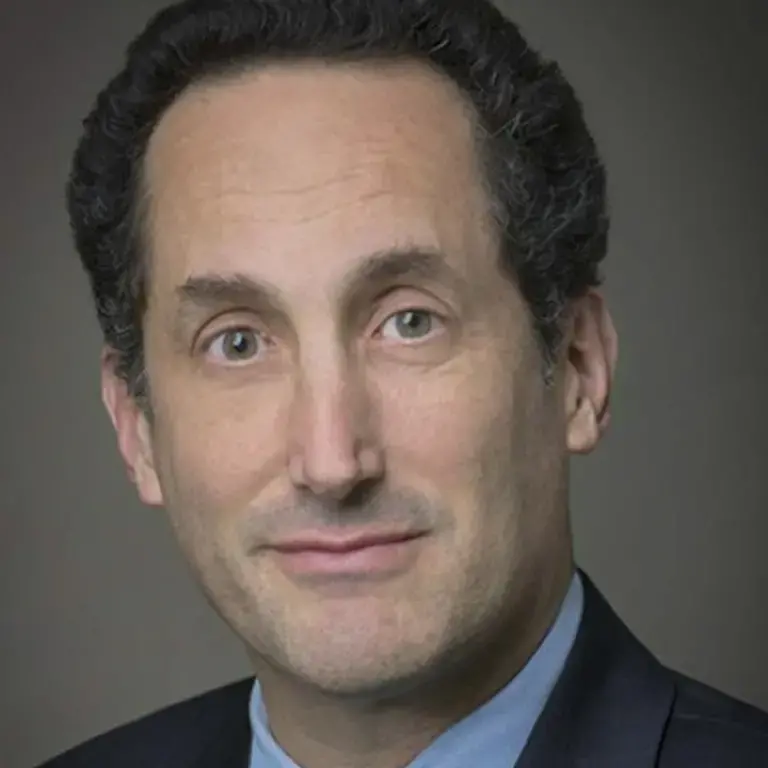In the Voices in Bioethics journal, Bioethics lecturer and attorney David Hoffman joined experts based at medical centers across the U.S. to consider the nuances behind various communities’ hesitancy to take a COVID-19 vaccine. They share their experiences from their fields of work and offer insights and potential solutions for persuading more Americans to get vaccinated.
Guaranteed Paid Leave May Ease Hesitancy Among Lower-Paid Hospital Staff: Johanna T. Crane, Ph.D., Associate Professor, Alden March Bioethics Institute
Vaccine hesitancy is often more about trustworthiness, doubt, and managing risk, rather than ideological opposition. Among hospital staff, employee reluctance is often found in lower-paid positions where paid leave for recovery or vaccination is not guaranteed (e.g. clerks, housekeepers, patient care assistants, and home health aides). Additionally, people of color in many instances feel suspicion from a history of medical abuse and neglect. Therefore, proper dialogue, respect, and trust is vital in order to transition into this “new era of workplace mandates.
Vaccine Mandates Can Be Seen as Coercive in Marginalized Communities: Kara Simpson, CSW-R, Director of Social Work, Behavioral Health Service, NYC Health + Hospitals Jacobi
A person’s opinion is often “aligned by race, ethnicity, socioeconomic status, and political affiliation,” posits Kara Simpson, further explaining how people of color, who have historically experienced intergenerational enslavement and marginalization, may see vaccine mandates as coercive. Therefore, it is common to hear, “this vaccine just came out; let’s wait and see if there are side effects.” In order to achieve successful health outcomes, “it is essential for clinicians to build trusting relationships with their patients and peers.”
Open Conversation Surrounding Vaccination is Critical: Jennifer Breznay, MD, MPH, Program Director at Maimonides Medical Center, Female Geriatrics
In March 2020, the Maimonides Medical Center in Brooklyn, where Jennifer Breznay works, was hit hard by COVID. Frustrated with the amount of healthcare workers resisting the vaccine, Breznay decided to draft a vaccine recommendation statement. However, after much discussion with her colleagues, they made a decision to create dialogue around the issue instead . During one Zoom meeting, Breznay stated, “Thanks for having me. You know, as a white physician, I understand you might have concerns about trusting what I say. Four hundred years of inequity and abuse by the healthcare system can create a lot of mistrust, but I’m here to try to answer your questions.” Open conversation is critical, stresses Breznay.
Resolving Vaccine Misinformation Within Rural Communities: Ashley L. Stewart, RN, BSN Infection Prevention Coordinator Carthage Area Hospital
“In the rural areas of our state, healthcare institutions are inextricably tied to their communities,” states Ashley L. Stewart. As a result of this close knit community, individuals may be hesitant to question the status quo or voice their concerns. This means promoting the COVID vaccine could alter their relationship with members of their community. “Being respectful and non-judgmental in answering questions posed by people who do not know what is true can be hard, but in rural communities, answering completely and honestly without judgment is a critical component to inform people.”
“Employment At Will” is a Widely-Misunderstood Legal Concept: David N. Hoffman, J.D. Lecturer in Bioethics at Columbia University
Do we fire workers that refuse to get vaccinated? David N. Hoffman examines a Texas lawsuit, in which the Houston Methodist Hospital faced backlash. 170 of its employees contended that the hospital should not be allowed to enforce vaccination requirements. “In Texas, what the judge said is you are not being forced to get vaccinated, but your employer is allowed to set limits and conditions on employment, including vaccination.” Therefore, employees may not be required to get vaccinated; however, they may lose their jobs.“This leads to the final point in this analysis: just because an employer can deprive unvaccinated individuals of their jobs does not mean it should do so.”
Read the full article in Voices in Bioethics and learn more about Columbia University’s Bioethics M.S. program.
